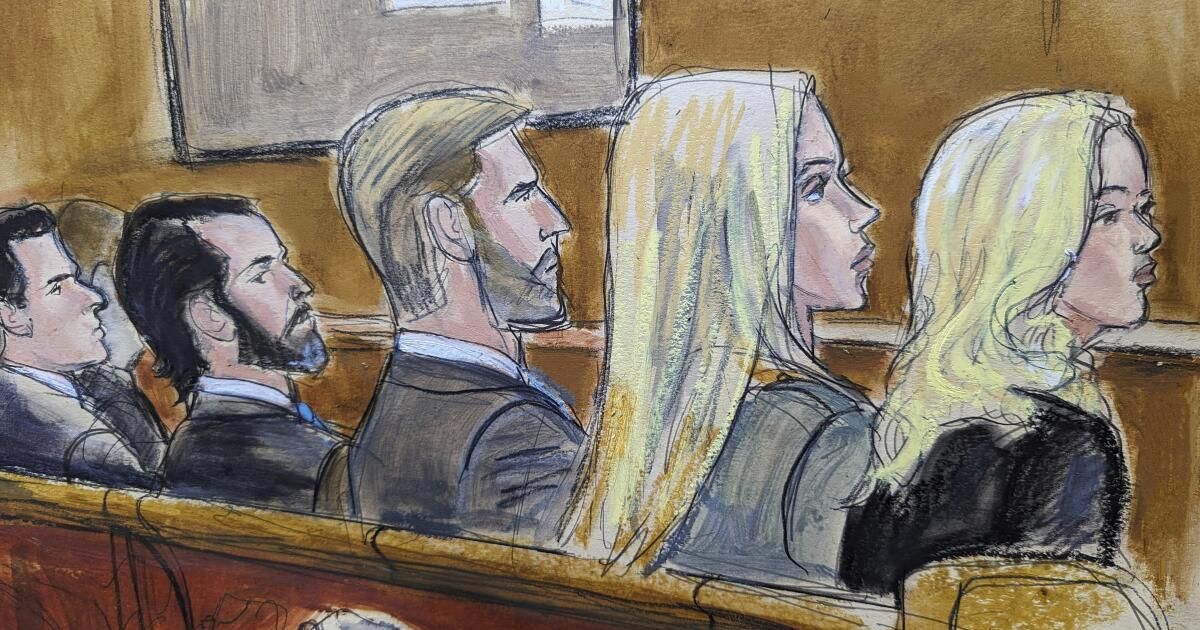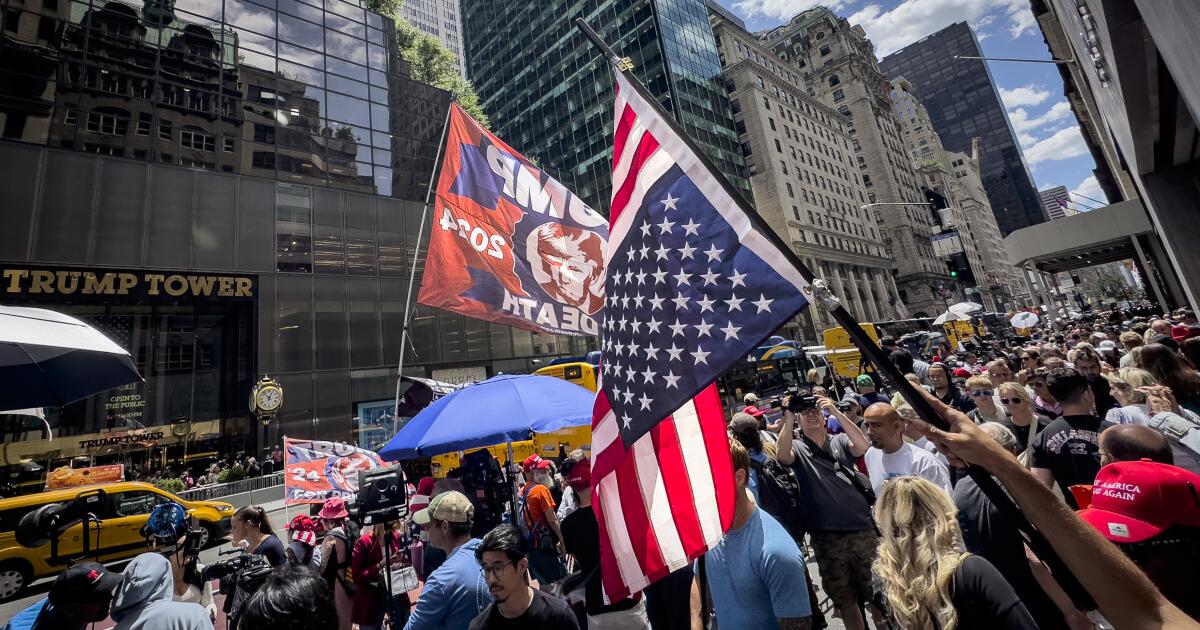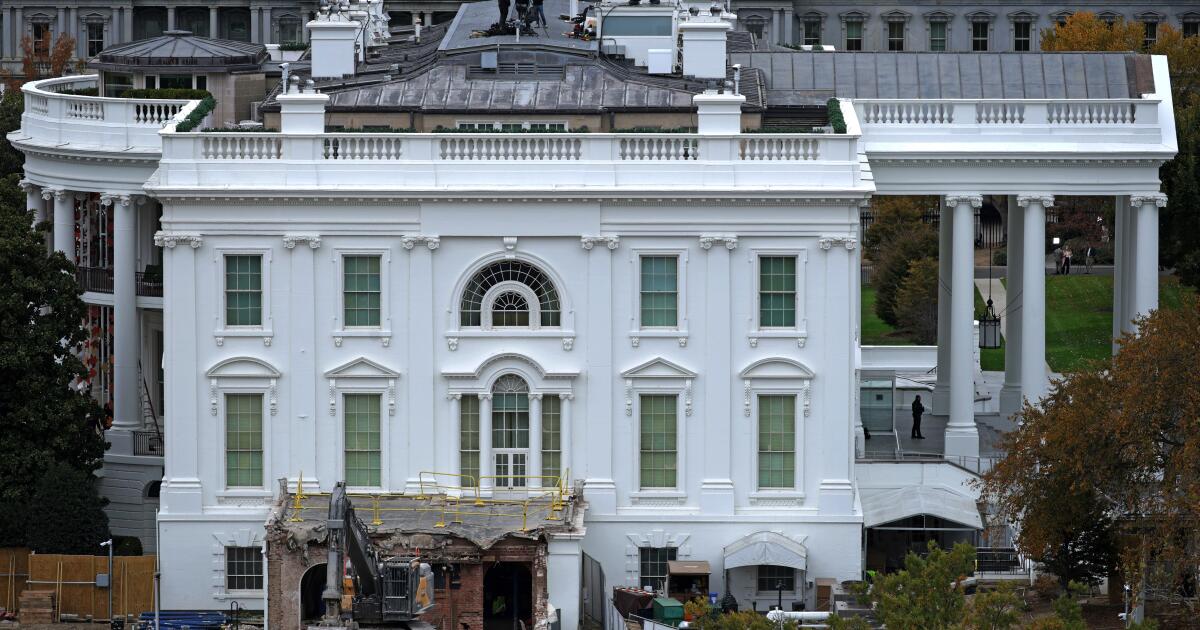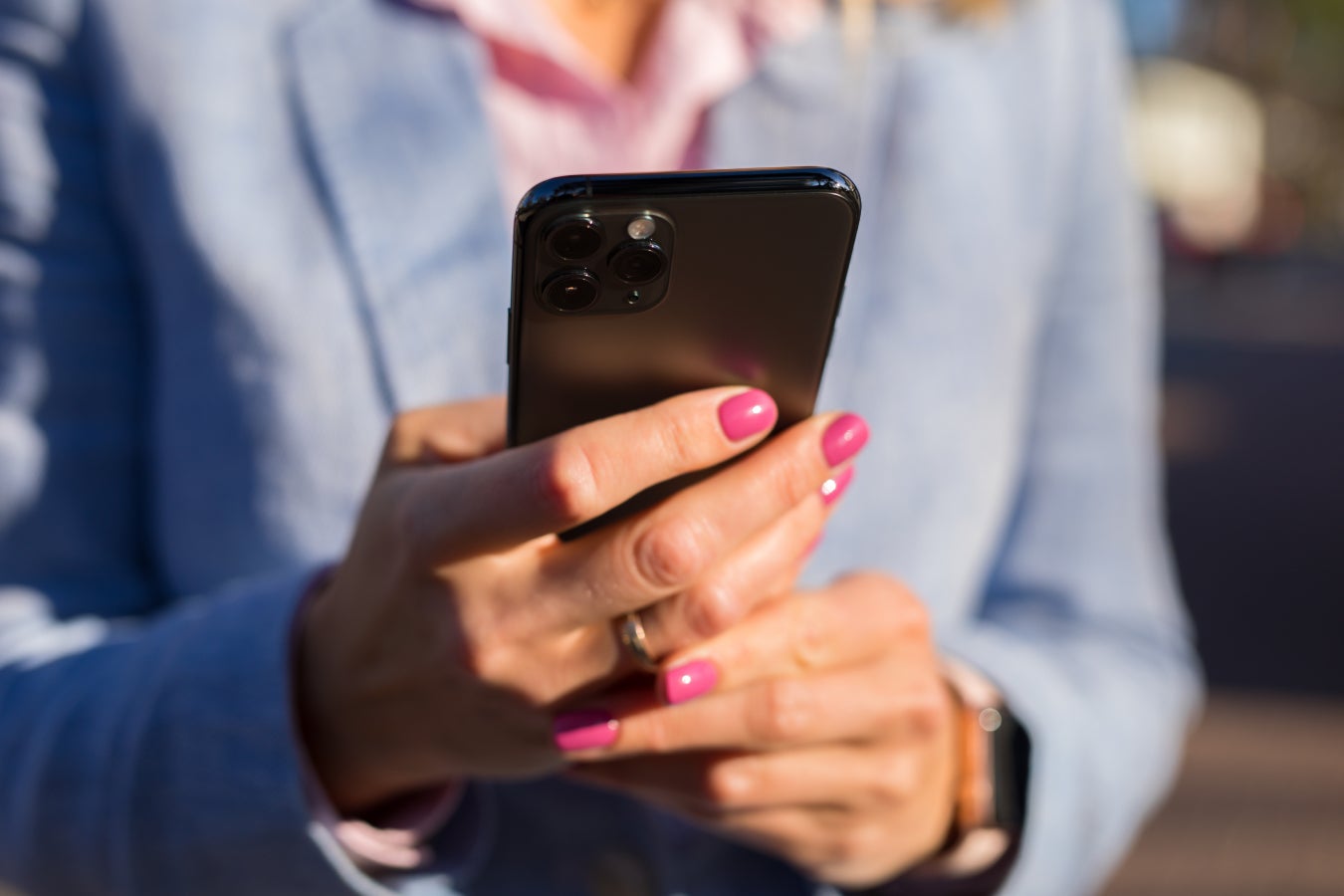If Donald Trump is convicted in a Manhattan court in September of covering up payments to a porn star to silence her (no longer a certainty, given the Supreme Court’s recent decision on presidential immunity), it could in some ways close a chapter in American history. But the former president’s legal troubles in other courts will continue, and so will the master class in law that will be delivered to the American public.
Some onlookers have complained that the judges are falling over themselves for the former president, granting Trump a deference that the average person would never enjoy. Others believe that Trump has been victimized simply because he is Trump. Whatever one thinks of him or his persecutors, all of these legal disputes surrounding him have had one surprising benefit for democracy and the rule of law: People are thinking and talking about those legal questions and many others.
In the 50-plus years I've been litigating cases and arguing appeals, only during the OJ Simpson trial have I seen the media traffic look as much like it did in my first-year law school class as it has in the past few months. We're all seeing in real time how the courts work. It's been fascinating, reminding us that, though imperfect, the law has the potential to be a stabilizing and equalizing force. Who knows, maybe the spectacle has inspired some young people to consider law school, and for all the right reasons.
Take Trump’s civil trials in Manhattan federal court over defamation suits brought by E. Jean Carroll, who had accused him of sexually assaulting her in 1996 and then publicly defaming her. The trials were models for a first-year federal civil procedure course. We got a visceral appreciation for statutes of limitations, watched as juries were selected, and witnessed lawyers stumble when questioning witnesses.
Thanks to Carroll, we also learned about the difference between compensatory and punitive damages and the suspension of enforcement of a federal court judgment pending appeal — that is, the suspension of its enforcement until the appeal is decided. We even remembered that the law has not abandoned its use of jargon, when trial judge Lewis A. Kaplan applied the doctrine of “collateral estoppel” in Carroll’s second defamation trial, ruling that Trump could not re-litigate the issue of liability and that the court would only hear arguments about damages.
Across the street from the federal trial in Manhattan, we watched Judge Arthur F. Engoron preside over a civil trial brought by New York Attorney General Letitia James, accusing Trump of exaggerating his wealth. How many of us knew that a state attorney general could do that? Did you know before this case that “ill-gotten gains” derived from business fraud could be recovered for New York state citizens?
And when Engoron issued a judgment against Trump for more than $400 million, network television commentators (myself included on several occasions) were all over the place explaining how anyone could stay the enforcement of a state court judgment by obtaining an appeal bond. We commentators even found ourselves responding to public curiosity about such obscure points as how a bail bond company works and how it secures itself financially when it posts bail.
While the American people remained fascinated by what was happening in Foley Square, we sat through the equivalent of a freshman criminal law class, watching Judge Juan Merchan preside over Trump’s case over false business records. Jurors ultimately convicted Trump on 34 counts of falsifying business records, making him a felon. Sentencing has been postponed until September. Did we know that a person can be convicted 34 times for, basically, covering up an alleged affair with a porn star?
This Stormy Daniels case also provided an introductory course in ethics, as Trump’s lawyers and the district attorney clashed over what circumstances required a judge to recuse himself (or not) because he and his law clerk had made political contributions to a Democratic opponent of Trump. Then we all went along for the ride as Merchan navigated the complexities of a censure order, and what constitutes contempt of court and what the penalties for contempt should be. I can almost hear a law professor posing those questions to the class.
Our ethics class continued with a focus on the Georgia election case, which features a district attorney who hired a prosecutor with whom she had a romantic relationship and allegedly received financial benefits from him while they traveled together (the consequences of that are currently being reviewed by an appeals court, while the trial remains in limbo).
Meanwhile, in DC and Florida, the charges against Trump in the January 6 case and the classified documents case have prompted a basic constitutional law class, with lessons on presidential powers and the Fourth Amendment.
What constitutes probable cause to justify a search warrant? Now that the Supreme Court has declared that the president has substantial immunity from prosecution, how will courts apply that measure in the pending criminal cases against Trump? Does the special counsel, Jack Smith, have adequate authority from Congress to continue his work? To be sure, few of us were asking those questions before the Trump saga raised them.
Whatever the outcome of Trump and the presidential election, we as citizens will be much better off if we understand how our courts work in order to educate the American public.
Mark C. Zauderer has practiced law in New York. sHe has been a partner at Dorf Nelson & Zauderer LLP in Manhattan for more than 50 years.












